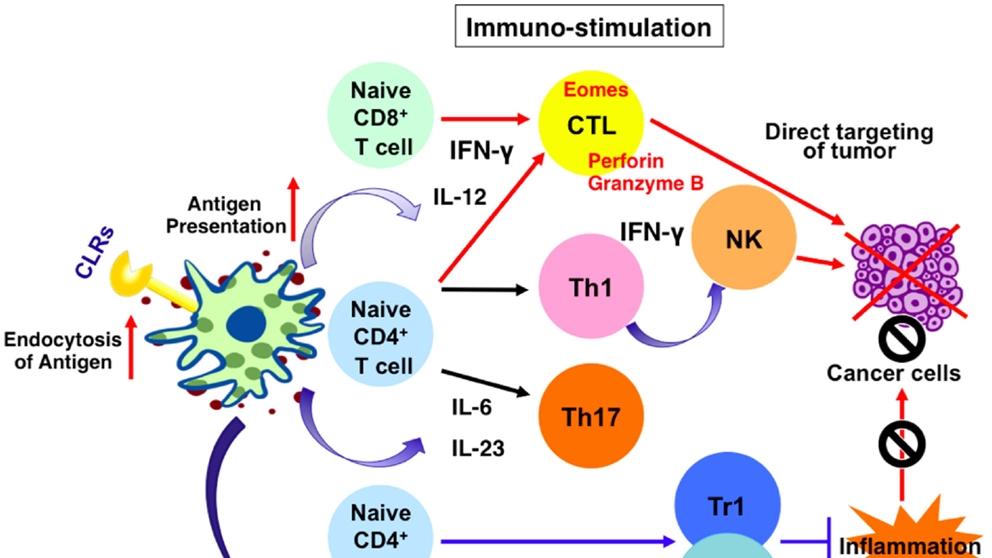
Lectins, a type of protein present in many plant-based foods, have become a topic of intense discussion in the realm of cancer nutrition. The debate centers around the potential risks and benefits of consuming high-lectin foods for individuals battling cancer. Clinical dietitian Sarah Cooke provides invaluable insights into the subject, aiming to assist people in making dietary decisions that align with their health goals and treatment regimes. This article offers crucial information for cancer patients and anyone interested in the role lectins play in nutrition and health.
The Potential Impact of Lectins on Cancer Patients
A study discussed on the American Chemical Society website focuses on the potential impact of lectins on cancer patients. The research highlights the development of assays to detect altered glycoforms associated with cancer. The scientists used a lectin mimicking aptamer to create a sandwich-type electrochemical biosensor, capable of detecting cancer-associated glycosylated proteins. The platform can detect the glycoprotein at nanograms per milliliter levels with a reproducibility value lower than 20 both in aqueous buffer and in serum. The article also emphasizes the significance of protein glycosylation in cancer and the need for ligands capable of binding specific glycoforms of particular proteins.
The Health Benefits of Algae Proteins and Bioactive Peptides
According to a study published on ScienceDirect, algae proteins and bioactive peptides, including lectins, have potential health benefits for treating oxidative stress, cardiovascular diseases, cancer, and diabetes. These proteins and peptides have a broad spectrum of bioactivities and therapeutic properties, making them a promising source of nutritional proteins. They can be utilized in various industries, including nutraceuticals, pharmaceuticals, cosmetics, and functional foods.
The Controversy Surrounding Lectins and Human Health
An article on Organic Oasis Magazine highlights the ongoing debate around lectins. While some studies suggest that certain lectins have anticancer properties, such as inducing cytotoxicity, apoptosis, and inhibiting tumor growth, others warn against potential harmful effects. Adversely, lectins are associated with harmful effects on the gastrointestinal tract and immune system, potentially causing inflammation and autoimmune diseases. They can mimic body tissues, triggering autoimmune responses, further complicating their role in health.
The evidence regarding the role of lectins in cancer nutrition is still evolving, and more research is needed to fully understand their health implications. Therefore, individuals, especially those battling cancer, are advised to consult their healthcare providers before making significant dietary changes.
